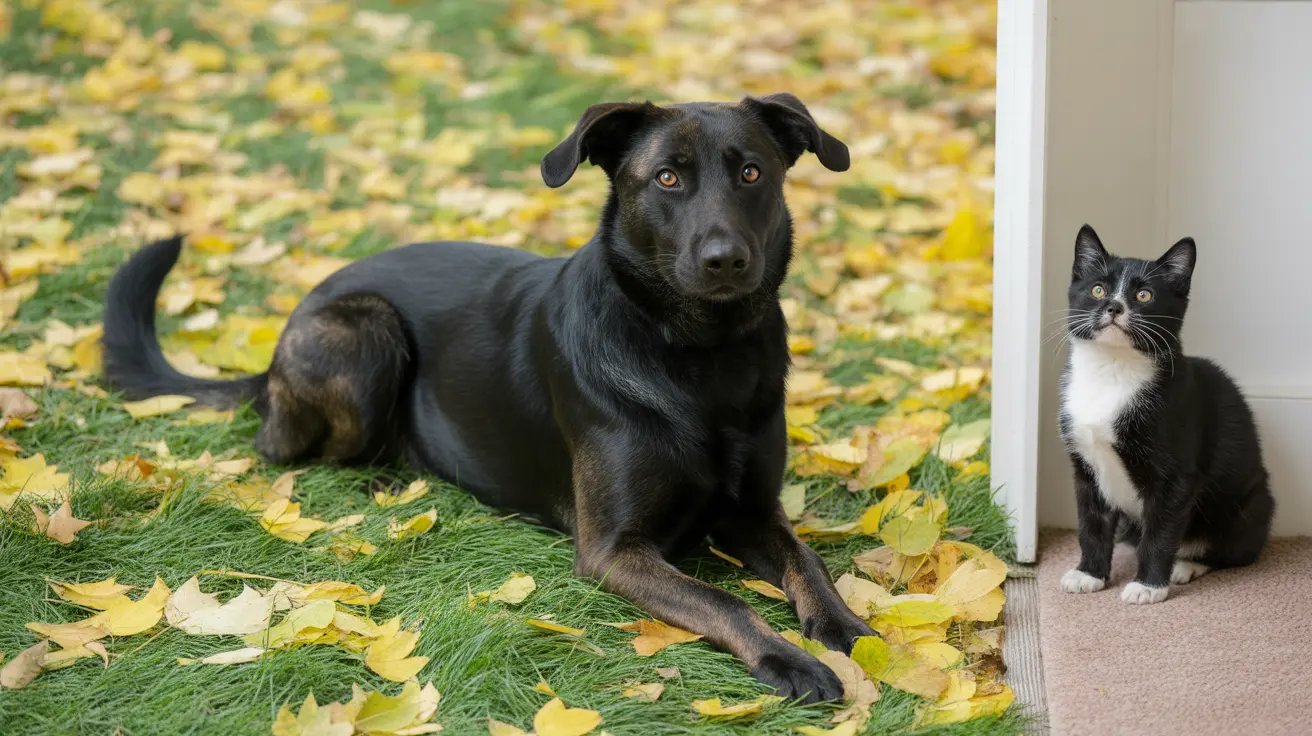Understanding Toy Poodles: Can They Be Left Alone?
Toy Poodles are among the most intelligent and affectionate dog breeds, known for their compact size, sharp minds, and strong emotional connections with their families. While their small stature makes them adaptable to various living environments, including apartments, their emotional needs are just as significant as those of larger dogs. One common question potential owners ask is whether Toy Poodles can tolerate being left alone. The answer hinges on several behavioral and lifestyle factors that are crucial to their well-being.
The Nature of Toy Poodles
Toy Poodles are deeply social animals. Originating from the Standard Poodle, they inherit the breed’s elegance, intelligence, and alert demeanor. Despite being scaled down in size, they possess a big personality and are often described as energetic, playful, and highly attuned to their owners’ behaviors and emotions. They are happiest when they are an integral part of the family and included in day-to-day activities.
Why Being Alone Is Challenging for Toy Poodles
- Emotional Bonding: They form close attachments and rely heavily on companionship.
- Sensitivity: Toy Poodles are very perceptive and may become anxious when left alone.
- Separation Anxiety: Extended loneliness can lead to problem behaviors such as barking, destructive chewing, or depression.
This breed's emotional sensitivity means they often do poorly when left without social interaction for long hours. Their observant nature amplifies their anxiety if they sense a change in their routine or prolonged absence of their owners.
Managing Alone Time
Because social interaction is crucial to their health and happiness, here are tips for managing the time when a Toy Poodle must be home alone:
- Short Intervals: Try to limit alone time to a few hours at most.
- Interactive Toys: Use puzzle toys and mental enrichment tools to keep them busy.
- Companion Pets: Having another pet in the house may reduce loneliness.
- Routine: A consistent daily schedule helps reduce anxiety.
- Dog Sitters or Daycare: Consider doggy daycare or pet sitters if your schedule means long absences.
Training and Mental Stimulation
Toy Poodles thrive on training activities that challenge their minds. They’re eager to learn new tricks and enjoy mental stimulation through obedience training, nose work, or agility games. Regular mental engagement is one way to reduce issues caused by separation anxiety and serve as an outlet for their energy when you are not home.
Health and Emotional Risks
- Behavioral Issues: Prolonged loneliness can result in excessive barking or nervous habits.
- Emotional Stress: Dogs left alone frequently may show signs of irritability or depression.
- Physical Health: Stress may impact their appetite, coat quality, or contribute to health conditions like digestive issues.
Ideal Owners of Toy Poodles
This breed is best suited for:
- Retirees or people working from home
- Families where someone is typically present during the day
- Active individuals seeking a dog to include in their everyday routines
If your lifestyle includes long periods away from home, a Toy Poodle might struggle emotionally unless alternative companionship is arranged. In such cases, considering another Poodle variety like the Miniature Poodle might be more appropriate, as they are a bit more independent and physically robust but with similar temperament traits.
Conclusion
Toy Poodles do not thrive on solitude. Their social and affectionate nature demands considerable attention and companionship. To keep a Toy Poodle healthy and content, they must feel a part of your daily life. Preparing to meet their emotional and physical needs is essential before bringing one into your home.





